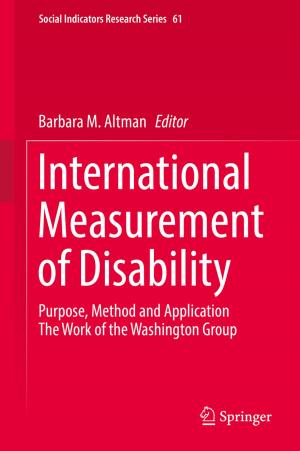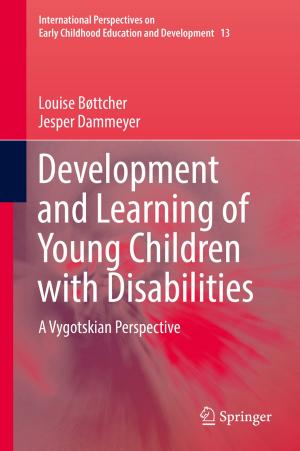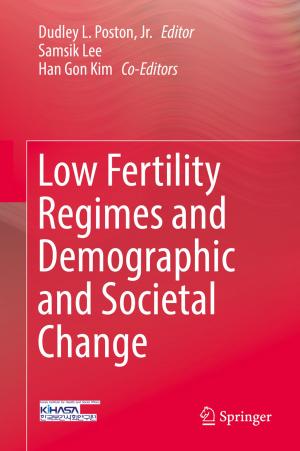Issues of Gender and Sexual Orientation in Humanitarian Emergencies
Risks and Risk Reduction
Nonfiction, Social & Cultural Studies, Social Science, Demography, Gender Studies| Author: | ISBN: | 9783319058825 | |
| Publisher: | Springer International Publishing | Publication: | August 5, 2014 |
| Imprint: | Springer | Language: | English |
| Author: | |
| ISBN: | 9783319058825 |
| Publisher: | Springer International Publishing |
| Publication: | August 5, 2014 |
| Imprint: | Springer |
| Language: | English |
Natural and manmade disasters do not affect everyone equally, especially when resources are not equally accessible. Girls and women in particular face heightened risks of violence and abuse and many countries bar female-headed households from receiving aid. Across the globe, a wider understanding of gender issues is needed to craft effective policies and carry out equitable practices in disaster planning and response.
The first full-length reference of its kind, Issues of Gender and Sexual Orientation in Humanitarian Emergencies brings together data pinpointing disparities with practical suggestions toward improving post-event adjustment for all. Arguing forcefully for an egalitarian lens in humanitarian aid, the book offers guidelines that governmental agencies and NGOs alike can implement at all levels of preventive and relief efforts to better assist victims and minimize further trauma. Salient areas covered include gender differences in the effects of disasters on children and adolescents, the heightened risk of domestic violence in disasters and challenges facing the LGBTI community in relocation. In addition, examples from a cyclone event in Australia relate the experiences of victims, organizations and aid workers to larger social issues. Included among the topics:
- Gender and the impact of disaster on youth.
- Personal network structure and gendered well-being in disaster and relocation.
- Sexual and gender minorities in humanitarian emergencies.
- Gender as hazard in disaster planning and response.
- The relationship of disaster and domestic violence.
- The impact of disasters on workers and services.
Addressing a major threat to public and social health, Issues of Gender and Sexual Orientation in Humanitarian Emergencies is an essential sourcebook for researchers and professionals working with NGOs, disaster management, domestic violence, humanitarian relief and refugee health.
Natural and manmade disasters do not affect everyone equally, especially when resources are not equally accessible. Girls and women in particular face heightened risks of violence and abuse and many countries bar female-headed households from receiving aid. Across the globe, a wider understanding of gender issues is needed to craft effective policies and carry out equitable practices in disaster planning and response.
The first full-length reference of its kind, Issues of Gender and Sexual Orientation in Humanitarian Emergencies brings together data pinpointing disparities with practical suggestions toward improving post-event adjustment for all. Arguing forcefully for an egalitarian lens in humanitarian aid, the book offers guidelines that governmental agencies and NGOs alike can implement at all levels of preventive and relief efforts to better assist victims and minimize further trauma. Salient areas covered include gender differences in the effects of disasters on children and adolescents, the heightened risk of domestic violence in disasters and challenges facing the LGBTI community in relocation. In addition, examples from a cyclone event in Australia relate the experiences of victims, organizations and aid workers to larger social issues. Included among the topics:
- Gender and the impact of disaster on youth.
- Personal network structure and gendered well-being in disaster and relocation.
- Sexual and gender minorities in humanitarian emergencies.
- Gender as hazard in disaster planning and response.
- The relationship of disaster and domestic violence.
- The impact of disasters on workers and services.
Addressing a major threat to public and social health, Issues of Gender and Sexual Orientation in Humanitarian Emergencies is an essential sourcebook for researchers and professionals working with NGOs, disaster management, domestic violence, humanitarian relief and refugee health.















